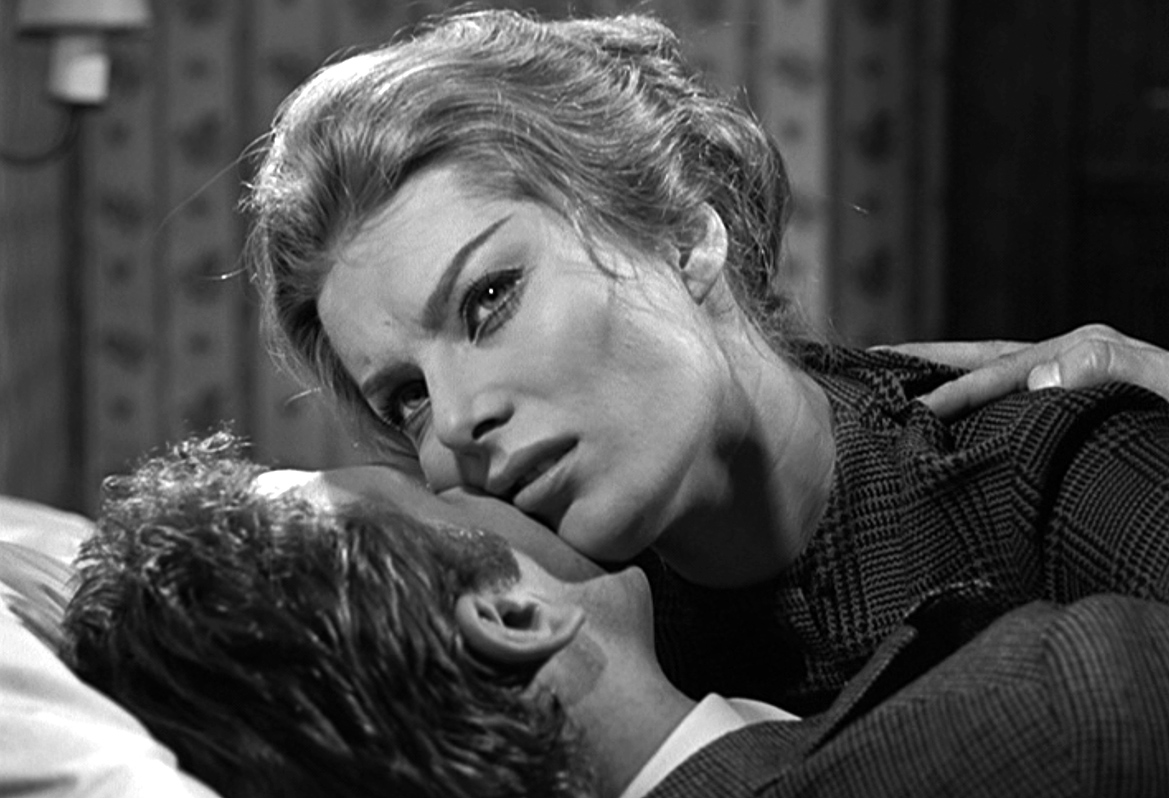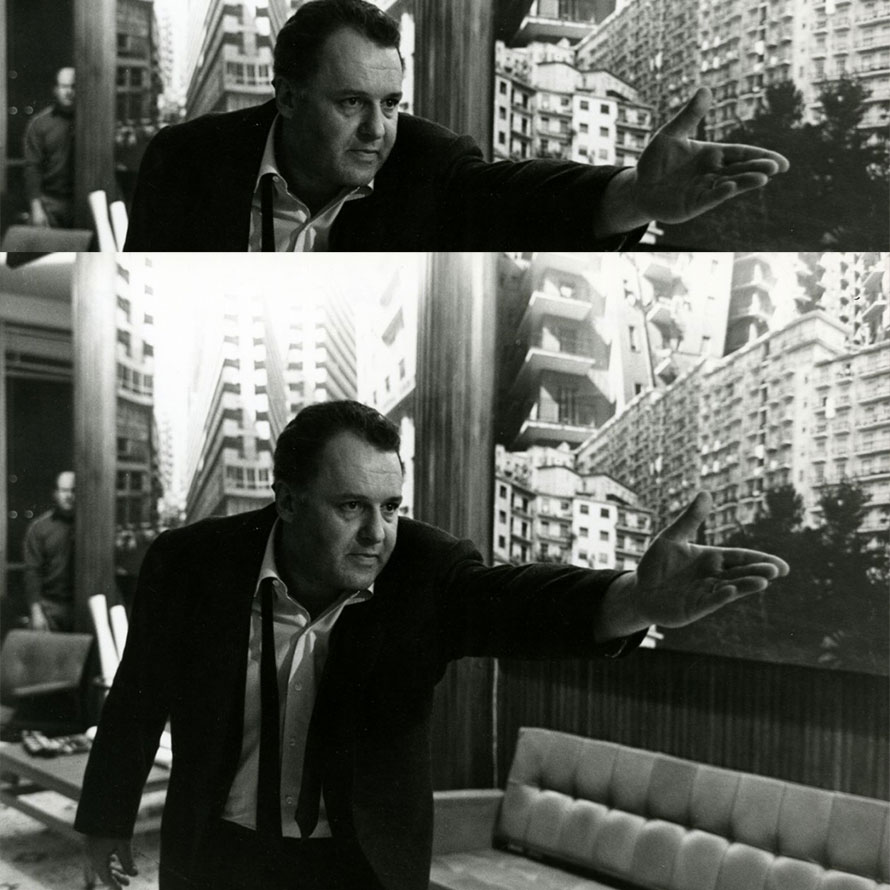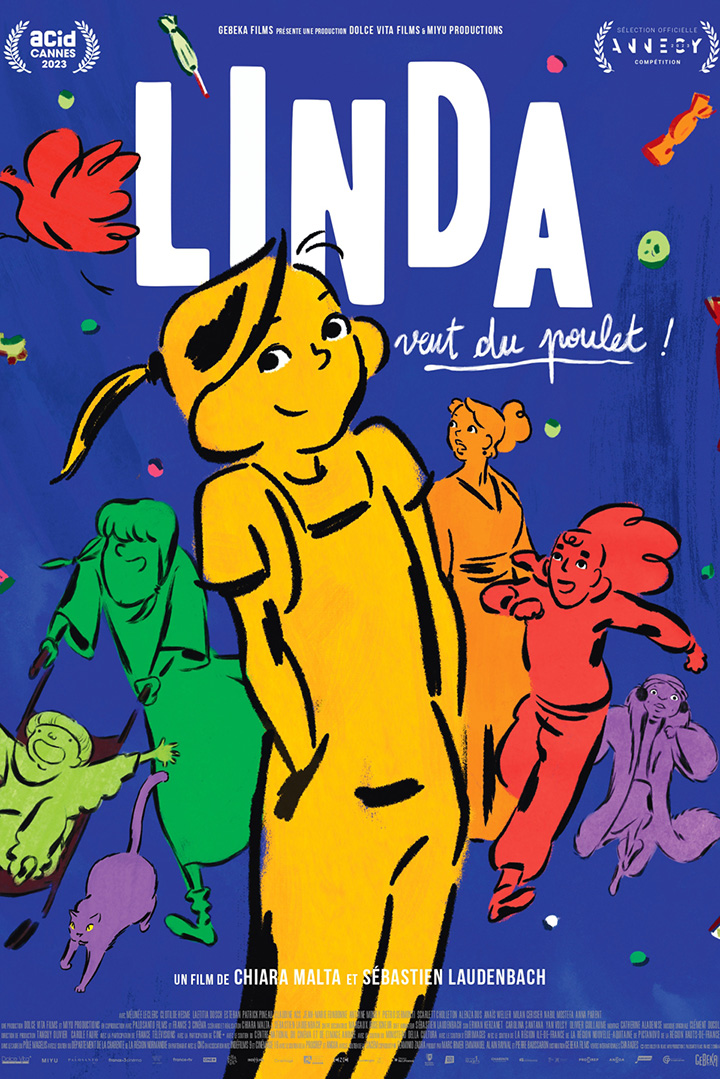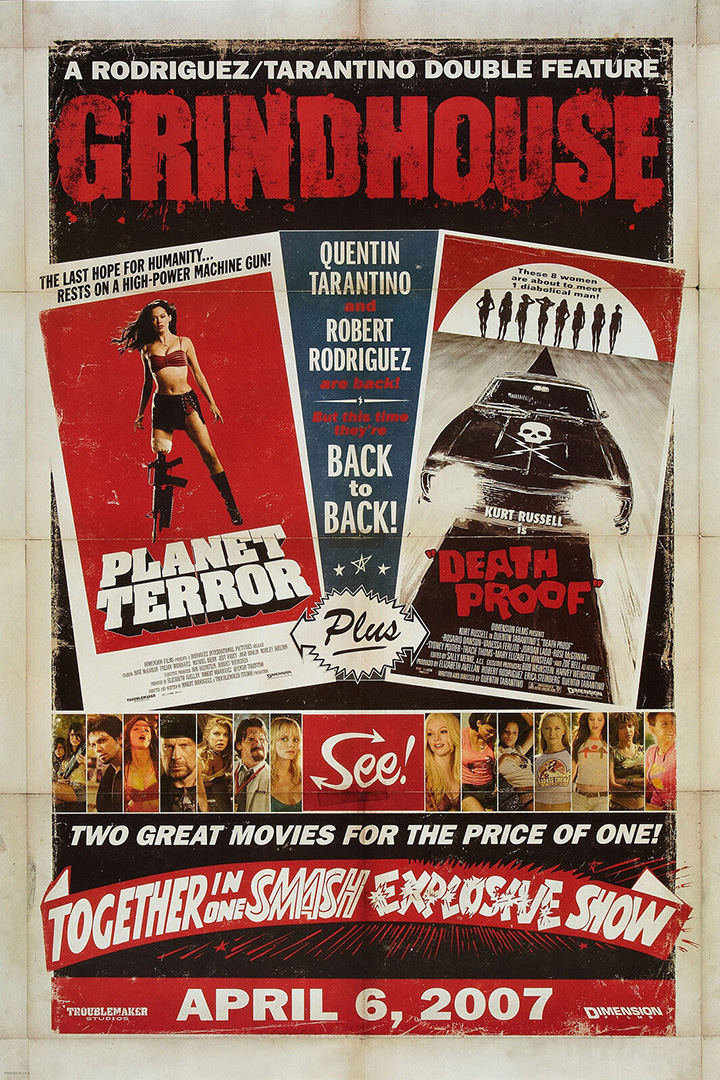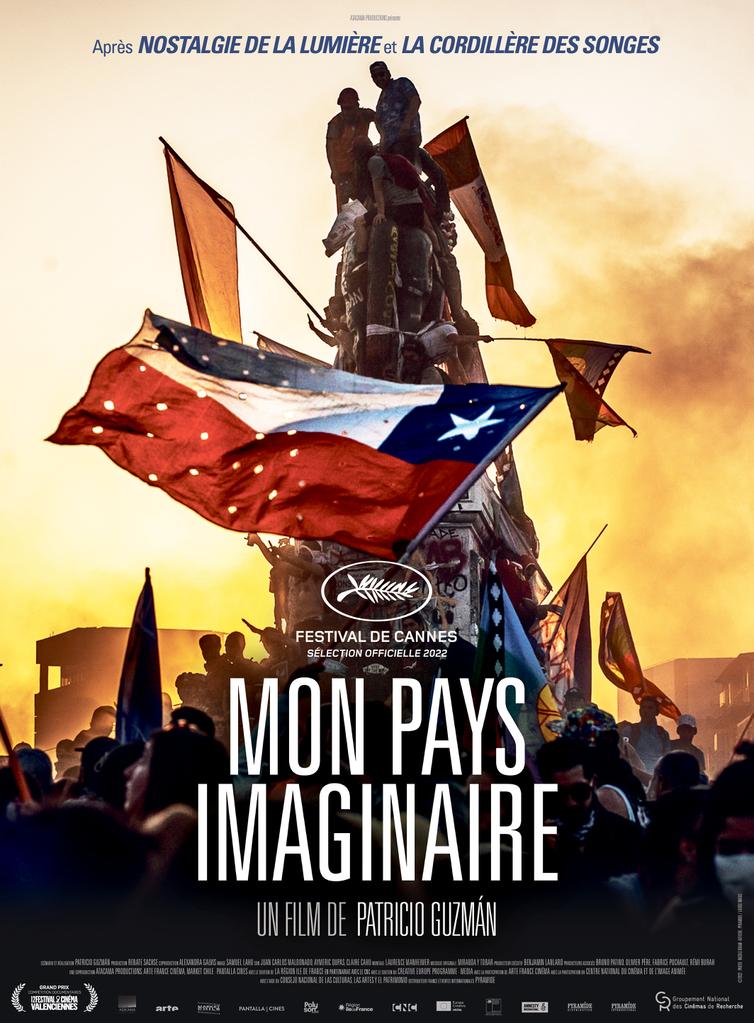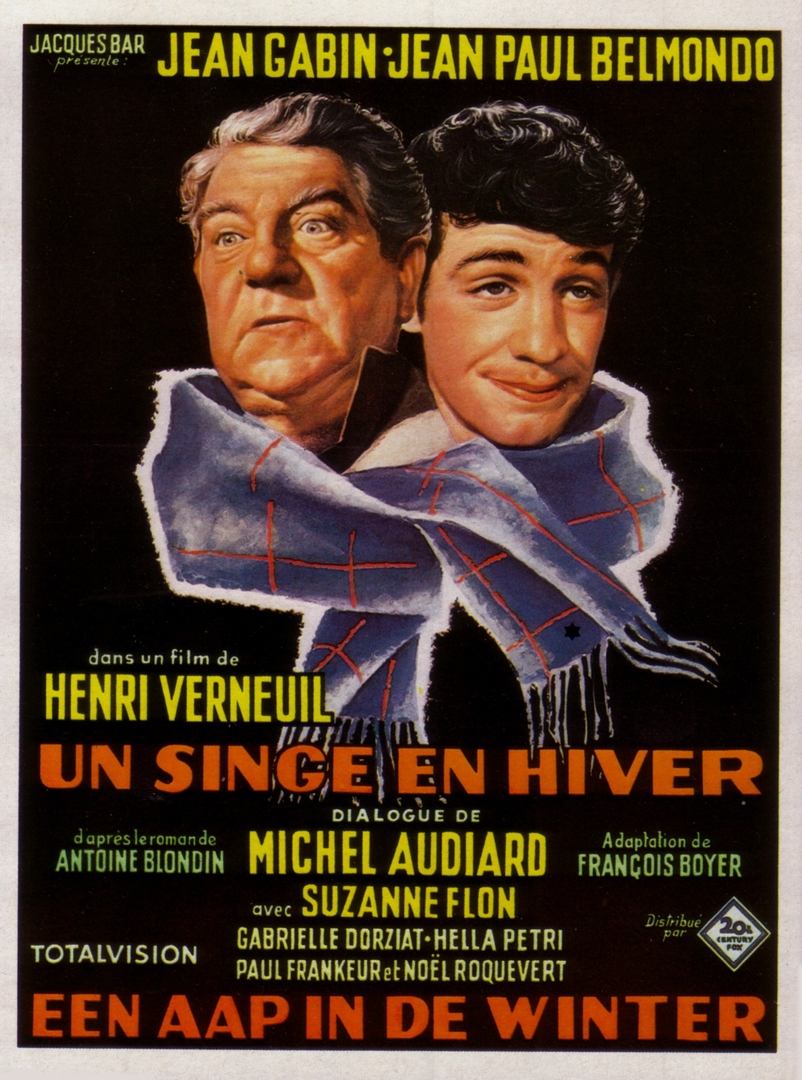I Magliari
Although his name is less famous than those of some of his contemporaries such as Fellini or Pasolini, the Neapolitan Francesco Rosi is nonetheless a major figure of Italian cinema of the second half of the 20th century. A figurehead of a rigorous political cinema, he has made power an essential theme of his work, recurrently addressing the weight of the mafia in Italian society. But far from shining only in their analysis, Rosi's films are expressions of his remarkable talent as a director and storyteller, to which his taste for literary adaptations also responds.
Mario, a young Italian immigrant in Germany, loses his job and becomes a magliaro, a street vendor of fabrics and clothes of more or less dubious origin.
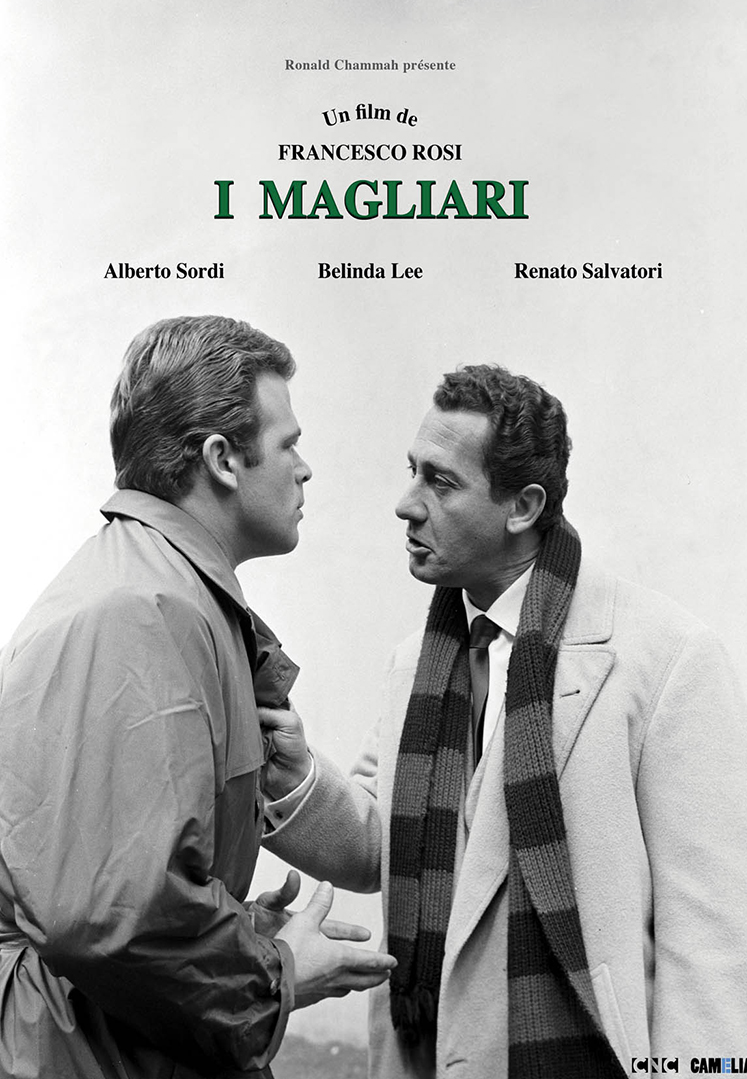
Francesco Rosi
After attending law school during the Second World War, the Neapolitan Francesco Rosi carried out various activities in the 1940s: illustration of children's books, radio serials, plays with Ettore Giannini... He began his film career as an assistant director to Luchino Visconti for La terre tremble (1948). After several contributions as a screenwriter, he made his first films at the end of the 1950s. But it was with Salvatore Giuliano (1961) that the filmmaker refined his style and made himself known beyond borders. He adopts a method close to the investigation, starting from historical figures and extensive research to deliver his political analysis. Rosi has often worked with writers, in particular Tonino Guerra (Uomini contro, Il caso Mattei, Lucky Luciano, Cadaveri eccelenti). In addition to his native Mezzogiorno, he made Spain (which occupied Naples for centuries) a source of inspiration: Il momento della verità, Carmen or Cronaca di una morte annunciata.
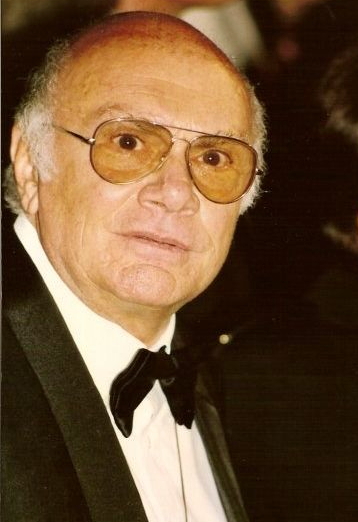
Explore
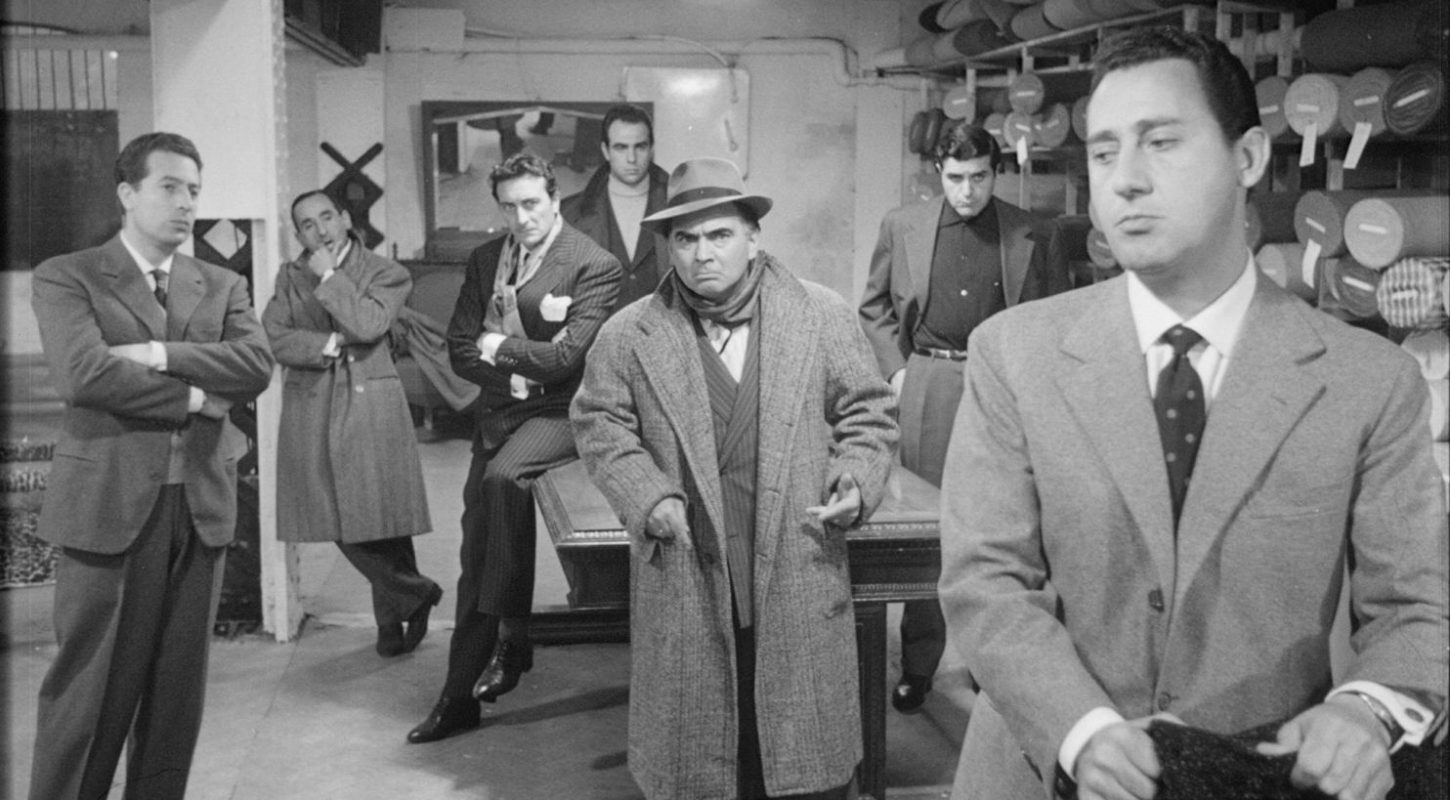
I Magliari by Francesco Rosi
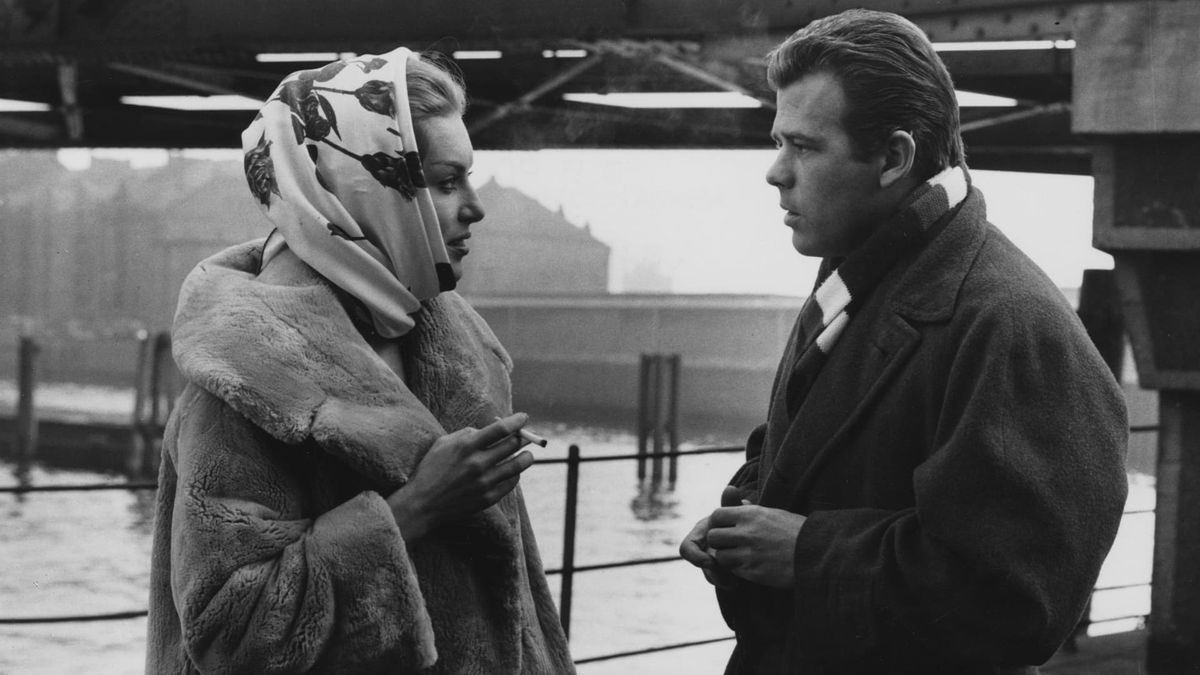
I Magliari by Francesco Rosi
